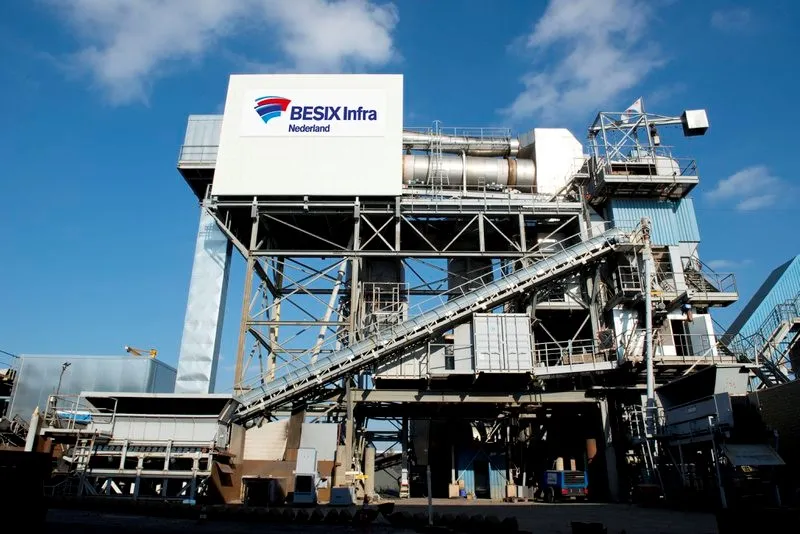BESIX is buying STRABAG’s Netherlands-based subsidiary.
By MJ Woof
February 1, 2021
Read time: 2 mins

The BESIX Group is buying the road construction activities of STRABAG in the Netherlands. The deal is being handled through BESIX Infra, the firm’s Belgian subsidiary. The business will now be called BESIX Infra Nederland.
The acquisition includes a transfer of assets. Following the deal, the asphalt plant at Roermond, equipment, employees and ongoing projects are now being transferred to BESIX Infra Nederland.
BESIX Group has participated in the construction of the ‘Roertunnels’ along the A73 at Roermond, and it has installed the new Limmel lock. The company has expertise in infrastructure projects, such as the recently finished Outer Ring Parkstad Limburg, the ongoing A16 in Rotterdam for Rijkswaterstaat and the projects ‘Area development Eastern Langstraat (A59)’ for the Province of Noord-Brabant as well as the extension of the A15 at Arnhem (also for the Dutch Department of Public Works), for which BESIX is in the starting blocks.
As two out of three of its asphalt production sites are close to the Dutch border, BESIX Infra was looking for opportunities to extend its activities to the south of the Netherlands.
Bart Verhulst, Managing Director BESIX Infra: “Our goal is to be able to contract, accompany and execute road works as well as to produce and process our own asphalt, both independently and in integrated projects with partners.”
The activities of the asphalt laboratory (formerly known as TPA Nederland) will continue under the name ‘Infra Quality Support’.
The realisation and expansion of BESIX Infra Nederland's business activities will be done in the coming years in collaboration with BESIX Nederland.
Mario Goossens will stay on as Director of the acquired activities in Roermond and Herten. He will be supported by Kees van Eijk in the realization of the strategic plan of BESIX Infra Nederland.








